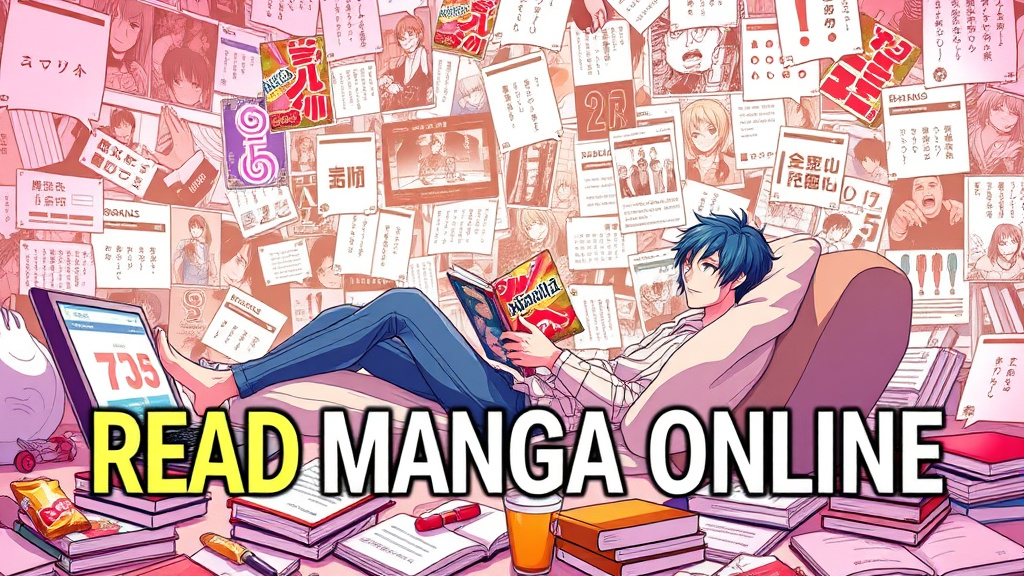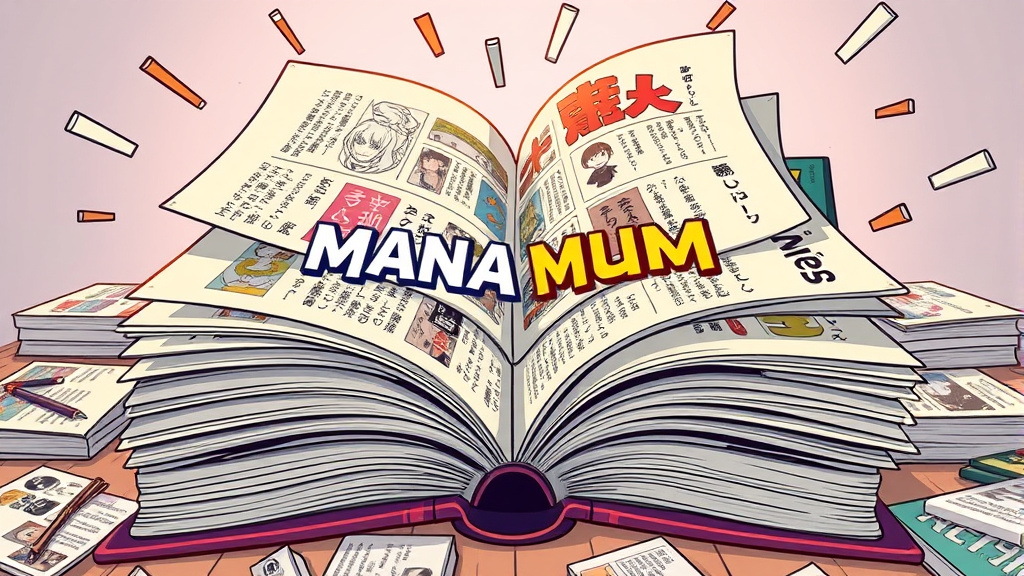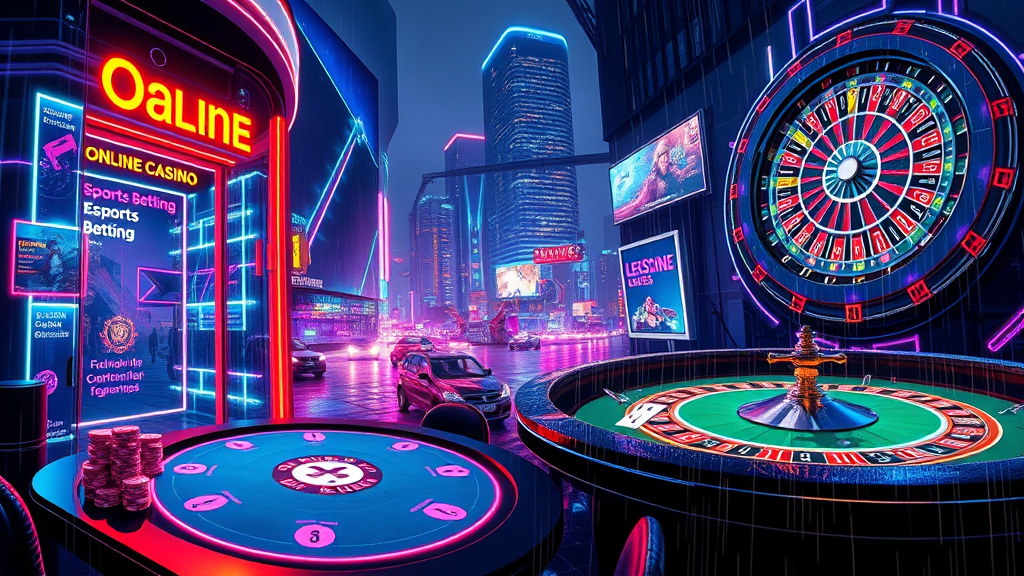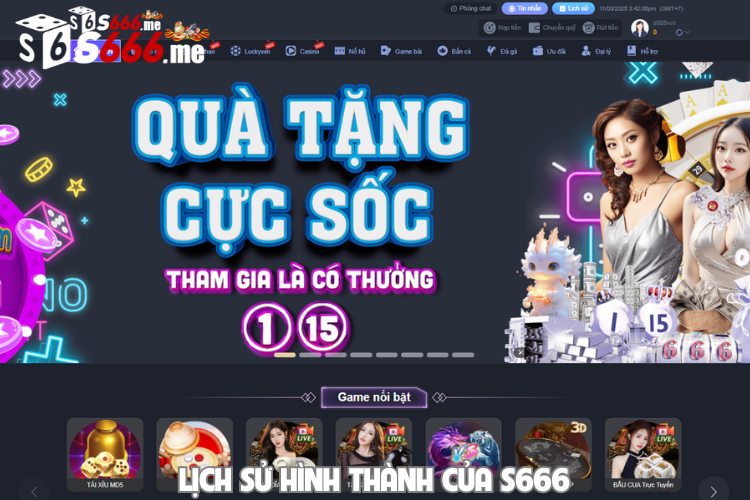manga hunter is a term that resonates deeply within the manga universe, conjuring images of adventure, danger, and extraordinary skill. This genre has captivated readers for decades, blending action, character development, and immersive worlds into a compelling narrative framework. The allure of manga hunter lies not only in the adrenaline-pumping battles but also in the complex morality, diverse abilities, and intricate world-building that sustain its popularity. Whether exploring the solitary journey of a lone hunter or the camaraderie within a team, manga about hunters consistently engage audiences with their multifaceted storytelling and richly developed characters.
Decoding the Allure: Why Manga About Hunters Captivate Readers
The fascination with manga hunter stems from the universal appeal of the hunt itself—an enduring symbol of pursuit, challenge, and self-discovery. This genre resonates deeply due to its dynamic blend of suspense and skill, elevating hunters from mere characters to symbols of resilience and ingenuity. Readers are drawn to the adrenaline of the chase, but even more so to the personal journeys of the hunters, their motivations, and the moral dilemmas they face. Manga hunter series often explore existential themes, making the stories relatable yet fantastical, ensuring they remain etched in the reader’s mind long after they close the book.
Furthermore, the genre’s flexibility allows for expansive lore and inventive worlds, each with unique rules, cultures, and hunters’ philosophies. This diversity invites fans into worlds that feel both thrilling and deeply immersive. Manga hunter also appeals because it challenges traditional notions of heroism and hero archetypes, often showcasing complex characters who operate in moral gray areas. This nuanced storytelling fosters deeper emotional engagement, transforming simple entertainment into profound artistic experiences rooted in the theme of the hunt.
 Hình minh họa: manga hunter – the best place to read manga
Hình minh họa: manga hunter – the best place to read mangaFrom Monster Slayers to Treasure Seekers: Exploring the Diversity of Hunter Manga
Hunter manga encompasses an astonishing variety of themes and tropes, reflecting its broad appeal across different reader demographics. At one end, we have stories centered around monster slayers—hunters who combat formidable supernatural entities to protect humanity, such as in popular titles like Hunter x Hunter. These narratives often emphasize strategic thinking, power dynamics, and moral conflicts between hunters and monsters. On the other end, some manga focus on treasure seeking or exploration, where hunters scour the world for ancient artifacts or hidden riches, blending adventure with mystery and sometimes comic relief.
This diversity signifies that the "hunter" concept is not monolithic but adaptable. Some series focus purely on combat prowess, featuring training arcs, specialized abilities, and epic battles, while others delve into the societal structure of hunters, depicting guilds, rivalries, and alliances. This broad canvas allows creators to explore various themes—personal growth, loyalty, the value of life, and the cost of power—under the unifying motif of the hunt. Such versatility ensures that manga about hunters remain fresh, exciting, and capable of resonating with different audiences, whether they crave action, mystery, or character-driven stories.

The Hunter's Arsenal: Examining Weaponry and Abilities in Popular Manga Series
One of the defining aspects of manga hunter stories is the imaginative array of weaponry and abilities that hunters employ. These powers differentiate characters and add layers of strategy and excitement to battles. For instance, Hunter x Hunter features Nen—a versatile ability system that allows users to manipulate their aura in creative ways. This mechanic not only makes confrontations unpredictable but also deepens the narrative by emphasizing character growth and mastery.
In other series, hunters wield a mix of traditional weapons like swords and bows, infused with supernatural abilities that push the boundaries of physical combat. The diversity in abilities, from elemental control to illusions or mind manipulation, reflects each character’s personality and background. It also raises questions about fairness, skill, and the ethics of using powers in conflicts. These arsenals are more than mere tools of destruction; they symbolize the characters’ inner worlds and growth, making encounters in hunter manga not just about brute strength but strategic ingenuity and mastery.
Moral Gray Areas: The Ethics of Hunting and Its Depiction in Manga
Hunter manga frequently delve into complex ethical questions, challenging black-and-white notions of good versus evil. Hunters often face situations where their actions are morally ambiguous—sometimes hunting monsters means killing sentient beings, or pursuing treasure can involve deception and betrayal. This moral gray area enhances the realism and depth of stories, prompting readers to reflect on the nature of justice, survival, and duty.
Authors cleverly use these dilemmas to develop characters and themes, revealing that hunters are not always righteous heroes but fallible individuals shaped by circumstances. For example, in Hunter x Hunter, characters like Killua or Kurapika struggle with their motives and the consequences of their actions. Such stories resonate because they mirror real-life ethical complexities, thus elevating manga hunter from simple adventure to thought-provoking discourse. The depiction of morality in these series underscores that the hunt is often as much about internal battles as external ones, making the genre both compelling and intellectually stimulating.
Beyond the Hunt: Character Development and Relationships in Hunter Manga
The strongest hunter manga are those that emphasize character development alongside thrilling hunts. The personal growth of protagonists often mirrors the challenges they face, adding emotional depth and relatability. Many series feature characters who start with naïveté or raw talent but evolve through hardships, forging bonds with allies and rivals alike. These relationships—based on trust, rivalry, or mentorship— enrich the narrative and create memorable moments that go beyond mere battles.
Exploring relationships in hunter manga reveals how characters influence each other’s moral compass, ambitions, and resilience. For example, the rivalry between Gon and Killua in Hunter x Hunter showcases how friendship and competition fuel growth. Additionally, mentors or elder hunters impart wisdom, shaping younger hunters into formidable warriors. This interconnected web of relationships supplies the stories with emotional stakes and layered narratives, ensuring that the thrill of the hunt is complemented by compelling human dramas that resonate deeply with audiences.
World-Building Wonders: Immersive Environments in Hunter-Themed Manga
A hallmark of great hunter manga is their richly detailed worlds, which serve as more than just backdrops—they’re integral to the storytelling. These environments accommodate the variety of encounters and abilities, from treacherous dungeons to sprawling cities or uncharted wilderness. The depth of world-building creates a sense of realism, immersing readers into unfamiliar yet believable societies, cultures, and ecosystems.
Creators often imbue these worlds with their own rules and lore, making each hunter’s journey unique. For example, the complex hierarchy of hunter societies, the existence of secret guilds, or mystical regions with specific dangers—these elements stimulate curiosity and exploration. A well-designed environment also influences character strategies and the types of conflicts that arise, emphasizing that the hunt is not just personal but embedded within a broader universe filled with wonders. Such immersive settings elevate hunter manga from simple adventure tales to expansive, living worlds that beckon readers to dive in and explore all their secrets.
The Rise of the Hunter: Tracing the Evolution of the Genre in Manga History
The genre of manga about hunters has evolved significantly over the decades, reflecting changing tastes, societal themes, and artistic styles. Early examples might have focused on straightforward battles against monsters or villains, but over time, stories have grown more sophisticated and nuanced. Titles like Hunter x Hunter epitomize this evolution, showcasing complex characters, intricate plots, and layered themes that challenge traditional notions of heroism.
This progression mirrors broader trends in manga—shifting from simplistic storytelling to more mature narratives emphasizing moral ambiguity, political intrigue, and philosophical questions. The genre has also diversified in terms of protagonists, settings, and cultural influences, incorporating elements of fantasy, sci-fi, and historical fiction. Understanding this evolution highlights how hunter manga remains relevant and innovative, continually adapting to reflect the complexities of modern storytelling while maintaining the core excitement and imagination that define the genre.
Iconic Hunter Protagonists: A Comparative Analysis of Key Characters
Among the many protagonists in hunter manga, some characters stand out due to their compelling personalities, growth arcs, and influence on the genre. Gon Freecss, for instance, embodies innocence and relentless curiosity, inspiring readers with his pure-hearted pursuit of discovery and self-improvement. Meanwhile, Killua Zoldyck’s transformation from a trained assassin to a compassionate friend showcases the genre’s emphasis on character development.
Analyzing these characters reveals different approaches to the hunter archetype—each with unique motivations, strengths, and flaws. Some protagonists are driven by revenge or duty, while others seek adventure or self-identity. Their abilities, relationships, and moral struggles give each a distinctive identity that enriches their respective stories. Comparing them underscores how hunter manga utilize diverse characterizations to explore themes of growth, morality, and resilience—making each hero memorable and influential within the genre.
Hunter Manga and its Influence on Anime and Other Media
Hunter manga has significantly impacted anime, video games, and popular culture, shaping how hunter stories are told across different platforms. Many iconic manga are adapted into anime series, which amplifies their reach and introduces new audiences to the genre. Hunter x Hunter, for example, remains a seminal work whose influence extends beyond manga into game design, merchandise, and fan communities.
Furthermore, the genre’s themes—such as strategic battles, moral ambiguity, and detailed world-building—have inspired countless other media creators. Video games, tabletop role-playing games, and anime often incorporate hunter motifs, abilities, or narrative structures rooted in manga traditions. This cross-media influence underscores the genre’s importance as a cultural phenomenon, continually inspiring new generations of creators and fans to explore the thrill of the hunt in innovative ways.
Future of the Hunt: Emerging Trends and Innovations in Hunter-Focused Manga
Looking ahead, hunter manga is poised to continue evolving with emerging trends like immersive technology, interactive storytelling, and diverse cultural influences. Creators are experimenting with integrating virtual reality elements or interactive narratives that allow fans to participate in the hunt, blurring traditional boundaries between mediums. Additionally, global influences are enriching the genre, introducing new themes, characters, and settings from different cultures, thus broadening its appeal.
Innovations in art style and narrative complexity also promise fresh perspectives. As the audience becomes more sophisticated, manga about hunters are expected to push creative boundaries further—exploring deeper moral questions, complex ecosystems, or integrating science fiction and cyberpunk themes. Ultimately, the genre’s flexibility and rich thematic potential will ensure that hunter manga remains at the cutting edge of manga storytelling, captivating fans both old and new with each new adventure.
Conclusion
Manga about hunters encapsulate an enduring mix of adventure, morality, character development, and world-building, making them one of the most captivating genres in manga history. From diverse themes—from monster hunting to treasure seeking—combined with imaginative abilities, morally gray dilemmas, and immersive environments, the genre continues to evolve and inspire. Iconic protagonists and their stories have shaped pop culture, influencing anime, games, and beyond, while emerging trends promise an exciting future filled with innovation. Ultimately, the enduring appeal of the manga hunter lies in its ability to reflect human resilience, curiosity, and the eternal pursuit of meaning in life's great hunt.





